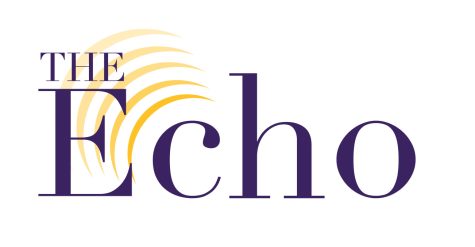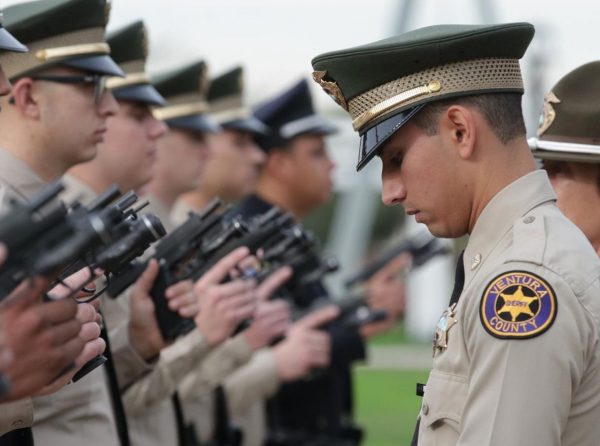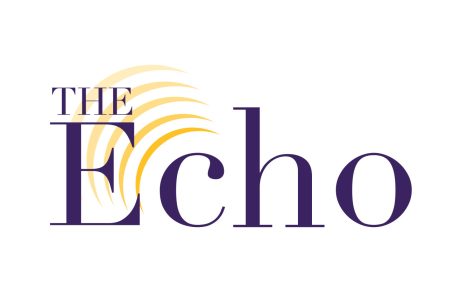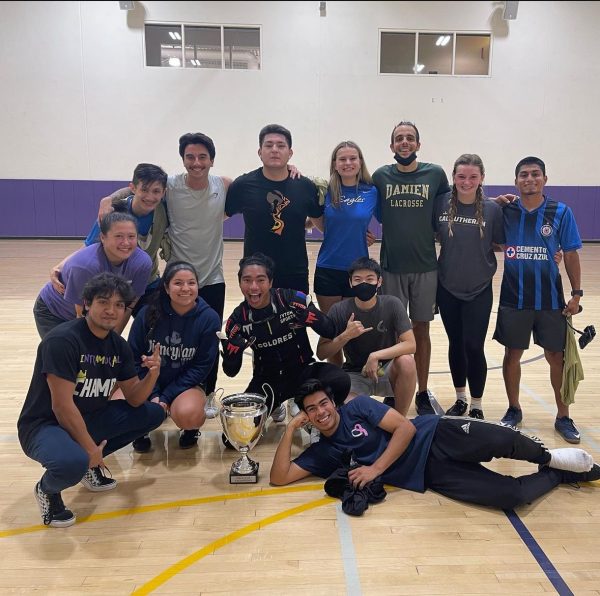CLU’s history courses should offer more diversity
March 29, 2022
California Lutheran University should regularly offer a more diverse range of history courses that can be taken for Core-21 credit. This should include consistently taught courses in African American history, Indigenous people’s history, women’s history, and more.
There are only two women’s history courses listed in the course catalog, but they are not offered nearly as often as the other courses that count toward the Core-21 history requirement.
Maria Kohnke, associate vice president of Academic Services and Registrar, said U.S. Women’s History was last offered in the fall of 2019, and women in global history was last offered in the fall of 2020. She said there is no record of African American history or Indigenous peoples’ history courses ever being offered in the department.
There should not be large gaps between when these courses are available, it is crucial that students are exposed to a wider span of history other than the general, oversimplified lessons we have been taught since childhood. Most of which consisted of white, male-centric storylines and viewpoints.
I recognize we have some Indigenous people’s courses, however they are not considered history courses and do not fulfill the Core-21 history requirement. I also recognize there are history courses that include aspects of African American history, but they are not the main focus.
When essential features of history are cut down to one chapter or one unit, contributions and injustices become trivialized and overlooked. This, in turn, leads to generalization, erasure, and the perpetuation of stereotypes.
An article published in NBC10 Philadelphia said the current curriculum excludes the beginning of African American history where advanced civilizations inhabited Africa with sophisticated systems.
Daina Ramey Berry, Ph.D. professor and chair of the history department for The University of Texas at Austin, said in the article, “That’s where the curriculum should begin, that’s the biggest omission from my perspective. It’s an erasure of culture and heritage so that identities of African Americans for some are that of slaves and those fighting for their freedom.”
Cal Lutheran sophomore Olivia Chee said history is generally taught through a lens where minority groups exist only for white people to help them or free them. She said in reality, they were doing several amazing things and contributing in unique ways before colonization.
Another reason to add more diverse history courses at Cal Lutheran is that more students may be inclined to take their Core-21 requirement for history during the school year and not at other community colleges.
Cal Lutheran sophomore Tabitha Rogers is in the University Honors Program’s Indigenous Rights and Practices course, and she said other students who are not in a honors program expressed interest in that course being offered to everyone as a Core-21 history or religion. She also said it’s important that the history courses available here each semester contain a wider range.
“If these are the only classes that are consistently offered, then that’s just telling you that’s what they view as history and that the rest are extraneous,” Rogers said.
There is no doubt there are extensive inequalities and cruelties in the aforementioned history courses that should be provided. In addition to teaching this, courses should also cover the monumental contributions and beautiful characteristics that make up the history of these groups.
According to the NBC10 article, educators say that African American history comprises more than the lessons they are typically reduced to. These educators say curriculums must include more teachings of love, triumphs, action and influence, and worldwide connection.
The same goes for any women’s history or Indigenous peoples course. In order for these courses to be well-rounded, they need to take into account what is historically significant to all groups, not just what is considered historically significant from a white-centric or eurocentric patriarchal perspective.
“If you only ever talk about Indigenous peoples, women, or African Americans in this context of slavery or not having the right to vote, then you are saying their only valuable contributions to society were when they were accepted into the colonial society and not what they were before that or in spite of that. It leads white people to thinking that the only context in which minorities exist is if they’re in the context of the white framework of history,” Rogers said.
Diverse history courses can be seen in other private, liberal arts colleges in California. For example, Whittier College has Introduction to African History, Mills College has Reading Women Justices in the 21st Century, and Occidental College has Women and Community Health, Style Politics: Beauty and Fashion in Black Women’s History, and more.
Since history is a mandatory Core-21 course, the offered options need to improve to encompass more than just the history of primarily white, male Americans. These various courses need to be routinely offered because they are fundamental to American history.
By continuing to neglect, minimize, or gloss over different parts of history, we miss gaining an understanding of core contributions, deplorable injustices, and celebratory achievements.
“It has to do with erasure and how if you don’t talk about it, who’s going to? At a university level, you have to be involved in the conversation. Promotion of diversity and inclusivity relates to having all different types of history offered consistently,” Chee said.











LINWOOD HOWE • Nov 12, 2023 at 5:30 am
May I suggest reading the book Trail of tears.